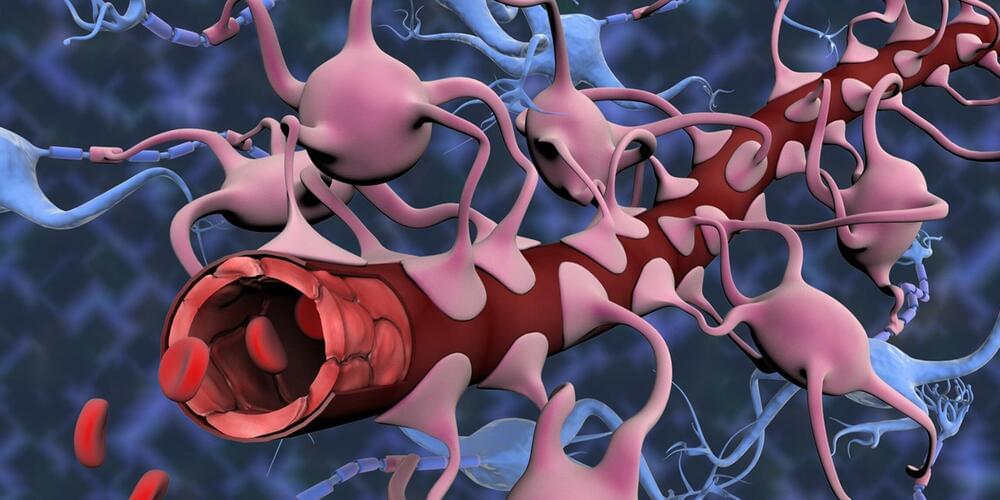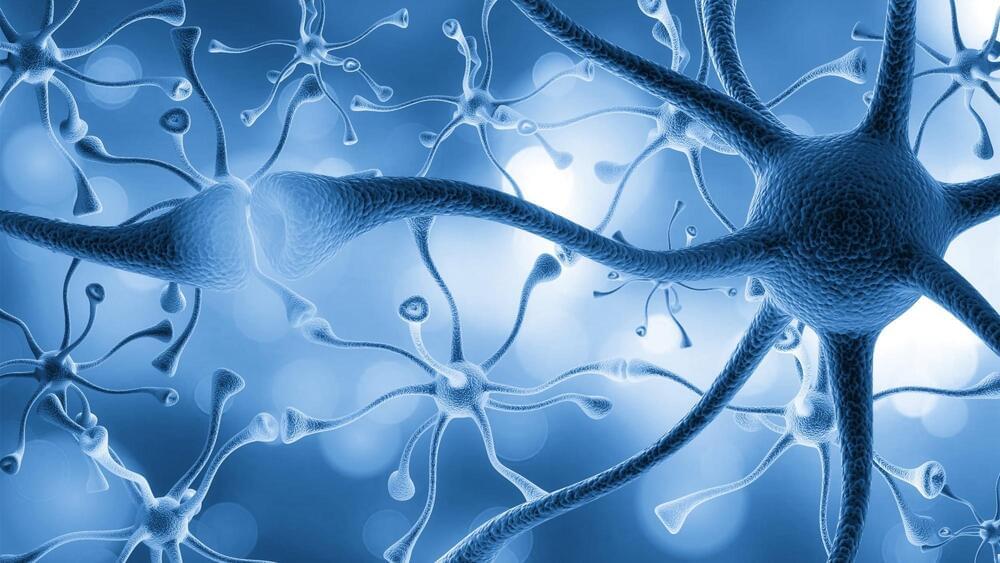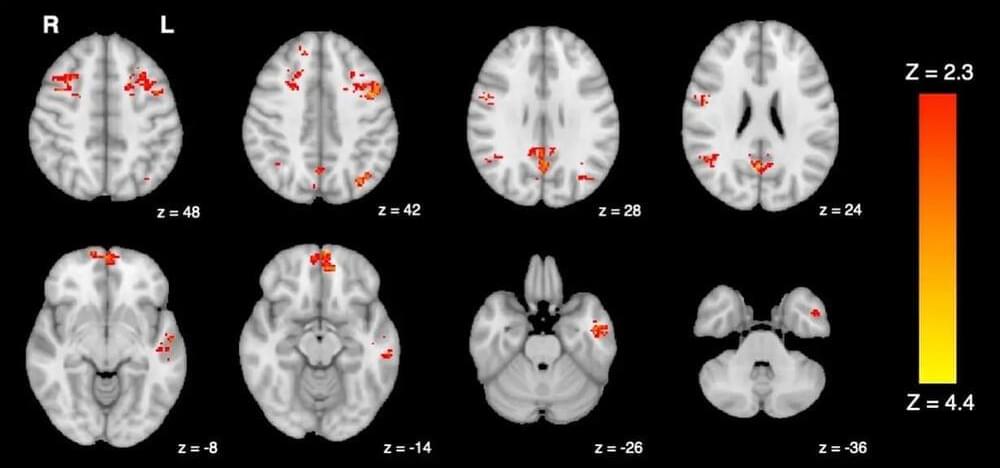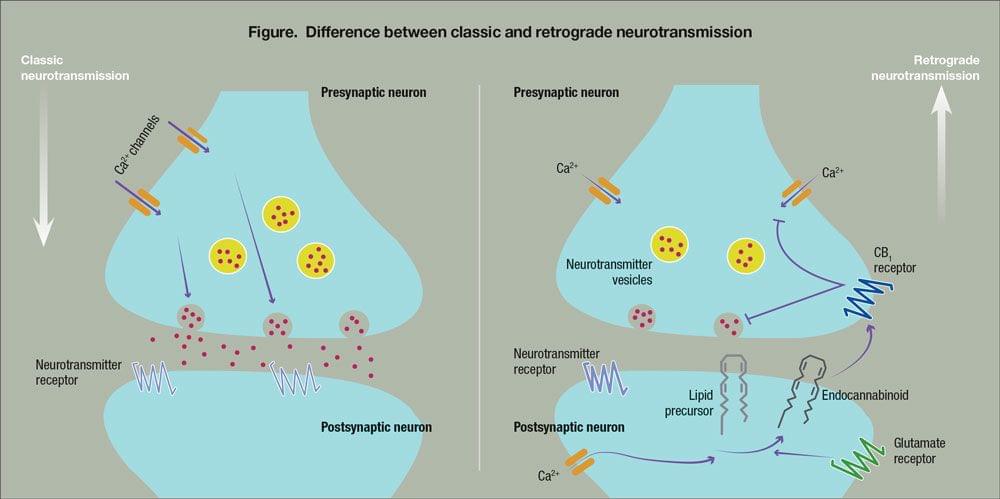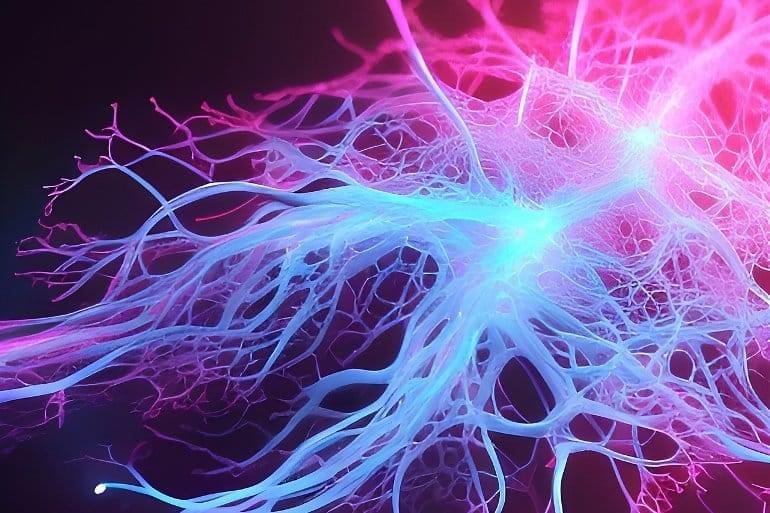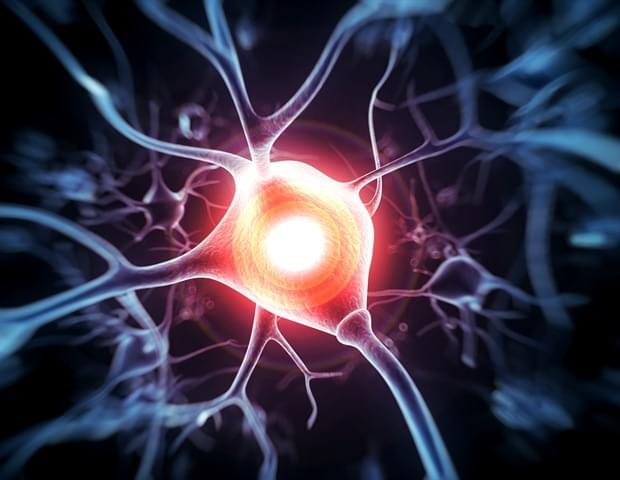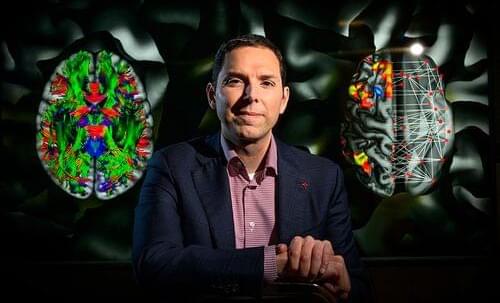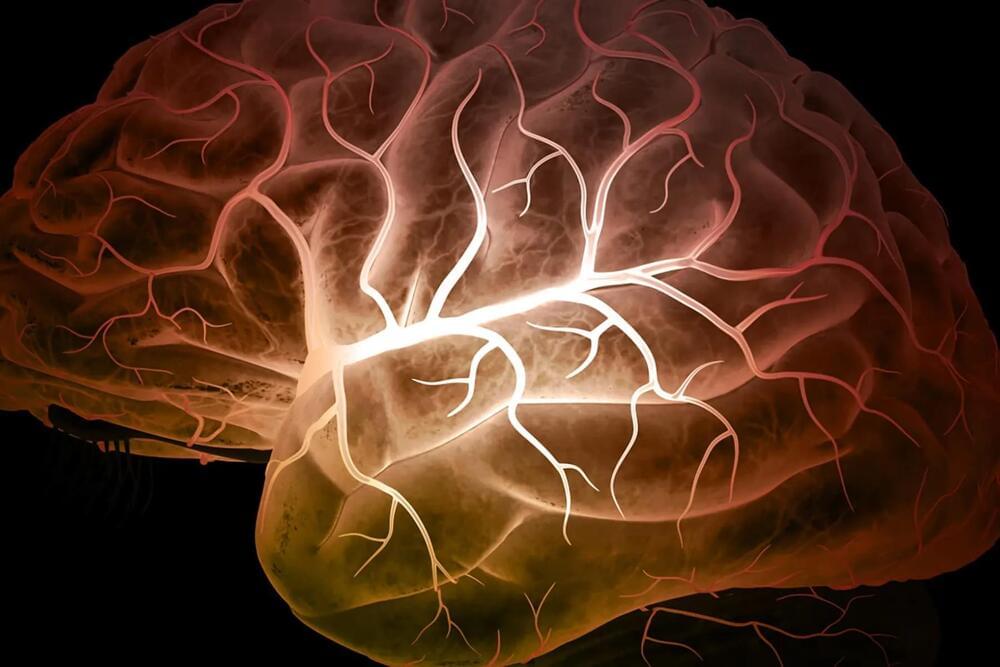Up to now, the use of models to research the barrier that separates the circulatory from the nervous system has proven to be either limited or extremely complicated. Researchers at ETH Zurich have developed a more realistic model that can also be used to better explore new treatments for brain tumors.
Mario Modena is a postdoc working in the Bio Engineering Laboratory at ETH Zurich. If he were to explain his research on the blood-brain barrier —the wall that protects our central nervous system from harmful substances in the blood stream —to an 11-year-old, he would say, “This wall is important, because it stops the bad guys from getting into the brain.” If the brain is damaged or sick, he says, holes can appear in the wall. Sometimes, such holes can actually be useful, for example, for supplying the brain with urgently needed medicine. “So what we are trying to understand is how to maintain this wall, break through it and repair it again.”
This wall is also important from a medical perspective, because many diseases of the central nervous system are linked to an injury to the blood-brain barrier. To discover how this barrier works, scientists often conduct experiments on live animals. In addition to such experiments being relatively expensive, animal cells may provide only part of the picture of what is going on in a human body. Moreover, there are some critics, who question the basic validity of animal testing. An alternative is to base experiments on human cells that have been cultivated in the laboratory.
